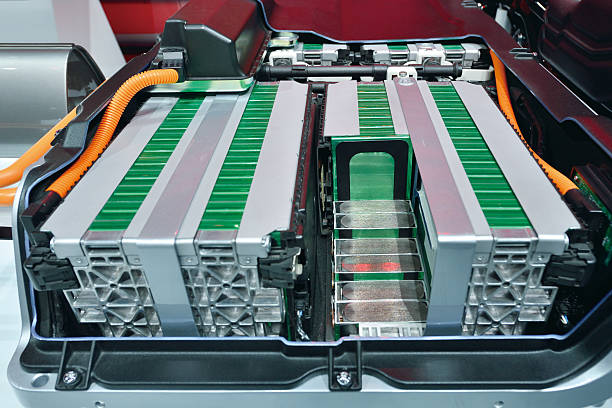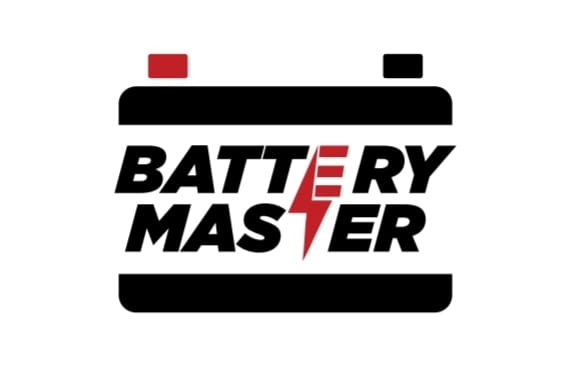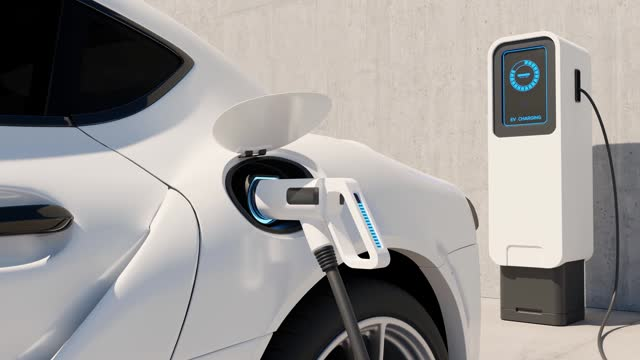Nissan is at the vanguard of the automotive industry’s rapid evolution towards sustainability, having been a pioneer in developing electric vehicle (EV) technology. The ongoing advancements in automotive batteries are one of the main factors propelling this change. Nissan auto batteries could change the electric vehicle market entirely in the future. It provides improved efficiency, more extended range, and improved performance. The future of the Nissan car battery is discussed in this article, along with some exciting advances. It will examine the revolutionary developments in energy density, sophisticated management systems, and battery chemistry.
Advancements In Battery Chemistry
Nissan is making significant investments to create future batteries with better chemistry. The business is investigating cutting-edge technologies, including solid-state electrolytes, to replace conventional liquid electrolytes. Solid-state batteries may improve safety, quicker charging times, and better energy density. This change in battery chemistry may help with issues frequently related to electric vehicles (EVs), such as range anxiety and lengthy charging times.
Increased Energy Density
The Nissan car battery of the future will contain more energy in a smaller package. Higher energy density allows batteries to hold more power, extending the driving range of electric cars. The worry of running out of energy on lengthy trips is a crucial issue for potential consumers, and this enhancement is critical to ensuring the widespread adoption of EVs.
Fast-Charging Capabilities
Nissan dedicates itself to reducing charging times so that daily usage of electric vehicles may be more convenient. It is anticipated that Nissan vehicle batteries of the future generation will enable quicker charging times. Drivers’ vehicles will be able to get a charge more quickly. Therefore, making EVs more practical makes them appealing to a broader audience.
Vehicle-To-Grid Technology
Cutting-edge technology, such as Vehicle-to-Grid (V2G) capabilities, is coming soon to Nissan electric cars. EVs may use V2G to feed extra energy back into the grid and consume it. During periods of high demand, the electrical grid may be stabilized using this reciprocal connection between the car and the grid. Through energy sales, it can also give EV owners another revenue stream.

Sustainable Materials And Recycling
Nissan is committed to improving the environmental friendliness of both its electric cars and batteries. The business is putting recycling systems for used batteries into place and actively investigating the use of sustainable materials in battery manufacturing. This pledge is consistent with the increasing focus on mitigating the ecological footprint of automobile technologies. Nissan is now a pioneer in the industry for using sustainable business strategies.
Integration Of Artificial Intelligence
The Nissan car battery will include artificial intelligence (AI) to enhance performance. AI systems can continually assess and regulate the battery’s health, modifying charging and discharging patterns to optimize performance and longevity. This clever battery management technology gives Nissan EVs a more dependable and long-lasting power supply by ensuring the battery uses its capacity.
Conclusion
The future of electric transportation is changing because of Nissan’s dedication to automotive battery research. With Nissan car battery chemistry innovations, energy density, and quick charging, Nissan is shifting to a more efficient and sustainable automotive future. Using AI, sustainable materials, and V2G technologies further cements Nissan’s position as a market leader in electric vehicles.
Get in touch with Battery Master UAE at 00971 6 566 1404 or 00971 5681 30122, or send an email to sales@batterymasteruae.com for the most recent information on state-of-the-art electric car batteries.



